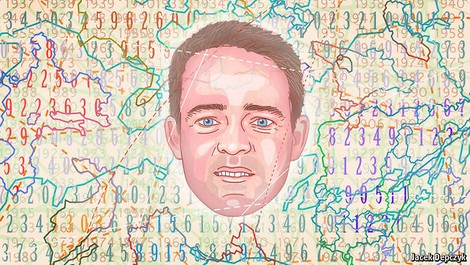Your podcast discovery platform
Curious minds select the most fascinating podcasts from around the world. Discover hand-piqd audio recommendations on your favorite topics.

piqer for: Boom and bust Global finds
German economist with a sense of humor, not just relative to accountants. Chief economist at the London-based Centre for European Reform (CER), recently brexited to Berlin. Former fellow at The Economist, economics PhD at Stockholm University in Sweden. Christian covers European economics and integration and has, as a former Londoner, a pathological interest in the economics of real estate.
A 200-Year-Old Economic Idea Still Wins Prizes
The Bates Clark Medal is the Nobel prize in economics for young economists (under 40). This year's winner, Dave Donaldson, a Canadian graduate of Oxford and the LSE, has done research on trade economics, an important and still highly relevant area of research. This piece by Ryan Avent sum up Donaldson's work, which is impressive, considering that he is just 38.
The idea that stands out in Donaldson's research is a 200-year-old idea of David Ricardo, namely that trade is not zero-sum if all countries use their comparative advantage. That is, produce what they are best at and import whatever else they need. The fact that there is still work to be done on this idea is that measuring such effects is excruciatingly difficult. As Ryan explains, Donaldson's seminal paper on the trade effect of Indian railroad expansion in the 19th century took a decade of data collection.
Given that trade is in the news as of late, though mostly for the wrong reasons, this text is a useful reminder of some of the basic concepts behind trade economics.
PS: If you want to read a slightly nerdy interview with him, have a look here.
